Recently South Africa published its South African Broadcasting Corporation SOC Ltd Bill of 2021 as approved by Cabinet on 30 June 2021. At its heart, the bill deals with how SABC licences will be paid and collected from the public going forwards. I have to say, contrary to what we had been warned to expect, the bill is far from controversial. In fact, it is rather very traditional in nature although it does aim to try to find ways to induce members of the public to pay their licence fees.
A struggling public corporation
In case you are wondering why anyone would care about some foreign bill, here is some background story. Some months ago we learnt that, just like our own ZBC TV, the SABC (which is also mainly a public-funded entity), was finding it hard to make people pay for their TV licences. Only 2.5 million people out of more than 9 million had paid for their TV licences and the entity had received only a quarter of what they were supposed to receive.
SABC knew they were in trouble and so they came up with some hare-brained schemes to try and reverse this unfavourable trend. Naturally, they roped in the government to try and enact some of these ideas as laws in a bid to boost revenue. Among some of the ideas being floated around included:
- Changing the definition of what gadgets people had to pay licences for to include traditional TVs, smartphones and laptops.
- Forcing companies like DStv, Showmax and Netflix to collect licence fees on behalf of SABC
- Making gadgets sellers collect licence fees everytime they sell a device and punishing them if they fail to do so
- Instead of having people pay licence fees, each household would be required to pay a household levy instead. The levy would be paid whether you have a TV or not. The reasoning being that in this day and age there is scarcely a house that doesn’t have a TV or at least some way to receive an SABC signal.
To say some of these ideas were controversial is an understatement. Companies like Multichoice voiced their opposition to the idea of being forced to collect revenue for their competitor. In the end, the South African government just simply came up with a very traditional bill.
Notable provisions in the new licence bill
As already mentioned the final bill itself is very traditional with nothing even remotely eyebrow-raising. It seems none of the controversial ideas floated around made it into law although they can still be adopted through the backdoor as I will explain below:
- The bill still says people have to pay TV licence fees the implication being that laptops and smartphones are exempt.
- It also says those chosen as agents by SABC to collect fees are empowered to enter houses and buildings to make sure you have paid your licence fees
- Stiff punishment such as having to pay double the fee if you are found to be in breach of the law are also laid out. You can go to jail for up to 6 months and be fined up to R500 as it’s now a criminal offence not to pay a licence.
That’s about it. The South African government shirks its duties for the rest of the issues. Instead, it empowers the Independent Communications Authority of South Africa (ICASA) and tasks it with the duty of making regulations that govern the collection of TV licences in consultation with SABC and the Minister of Communications and Digital Technologies. Some of the things they are supposed to come up with include:
- What the licence fee would be. How it will be paid/collected and other issues relating to this.
- The period or validity of a TV lience.
- The manner of determing fees for a TV liencence
- The different categories of TV licence e.g. business or household licence
- Who has to pay and who is exempt from paying a TV licence
- Whether a TV licence can be transferred or not.
This means there is still room for entities like Multichoice and OVH to be forced to collect licence fees each month. If that happens it might mean Zimbabweans with Open View will end up paying for the South African licence fees if they want to keep watching SABC channels on their Open Views. I have no doubt however if that happens, the tens of thousands who are doing so will find a way to do so.
Zimbabwean authorities including ZTV have been mum during all this drama too although, they are also affected by the same issues. No doubt they were carefully watching how the South Africans would resolve this issue of dwindling state TV revenue. Will they adopt the controversial measures South Africa considered but ultimately rejected or will they just also continue with the traditional model of revenue collection?



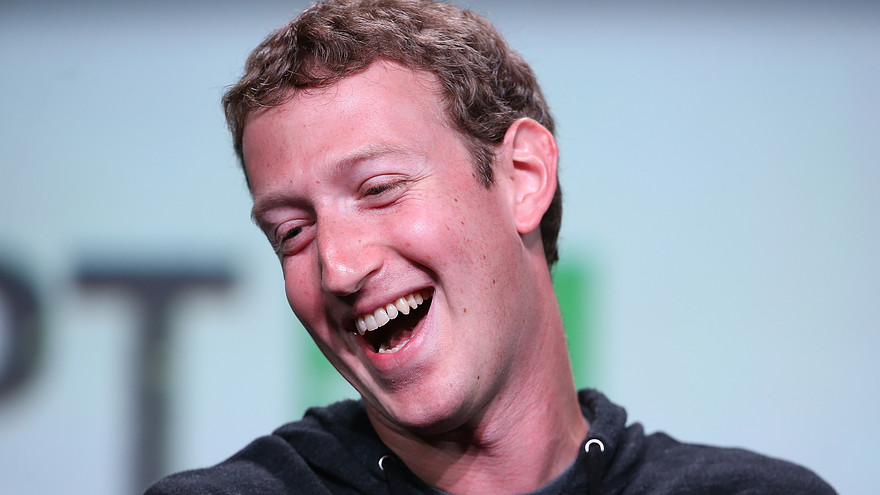

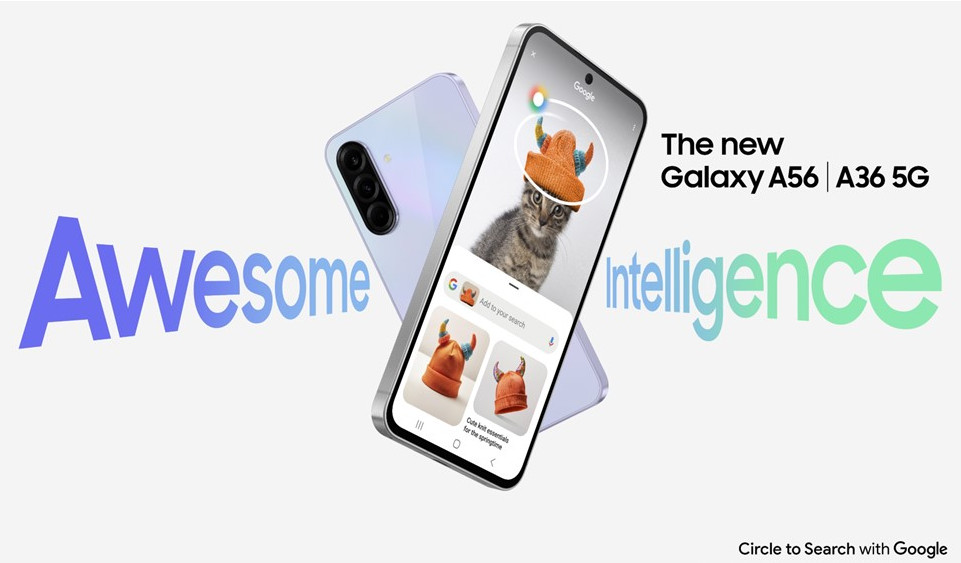

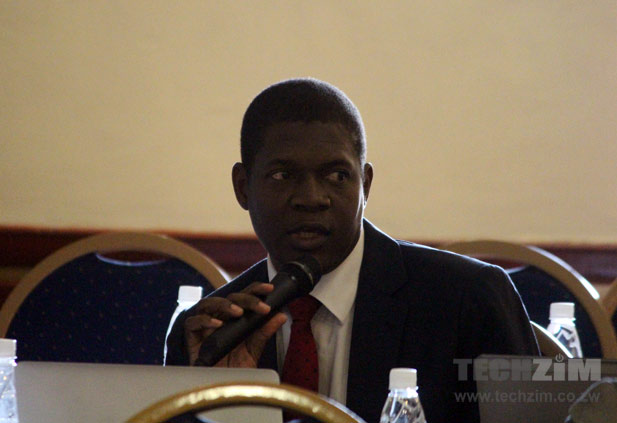
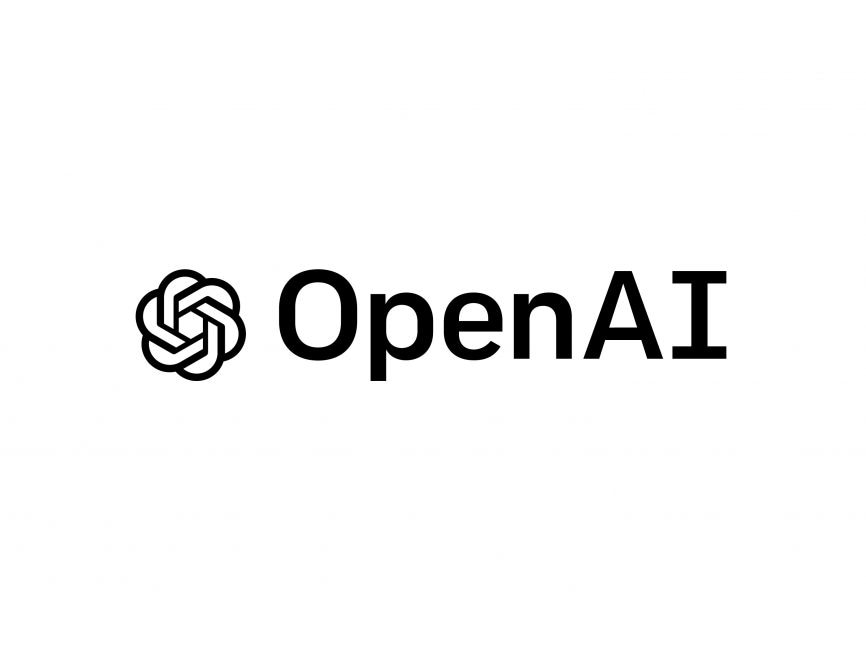
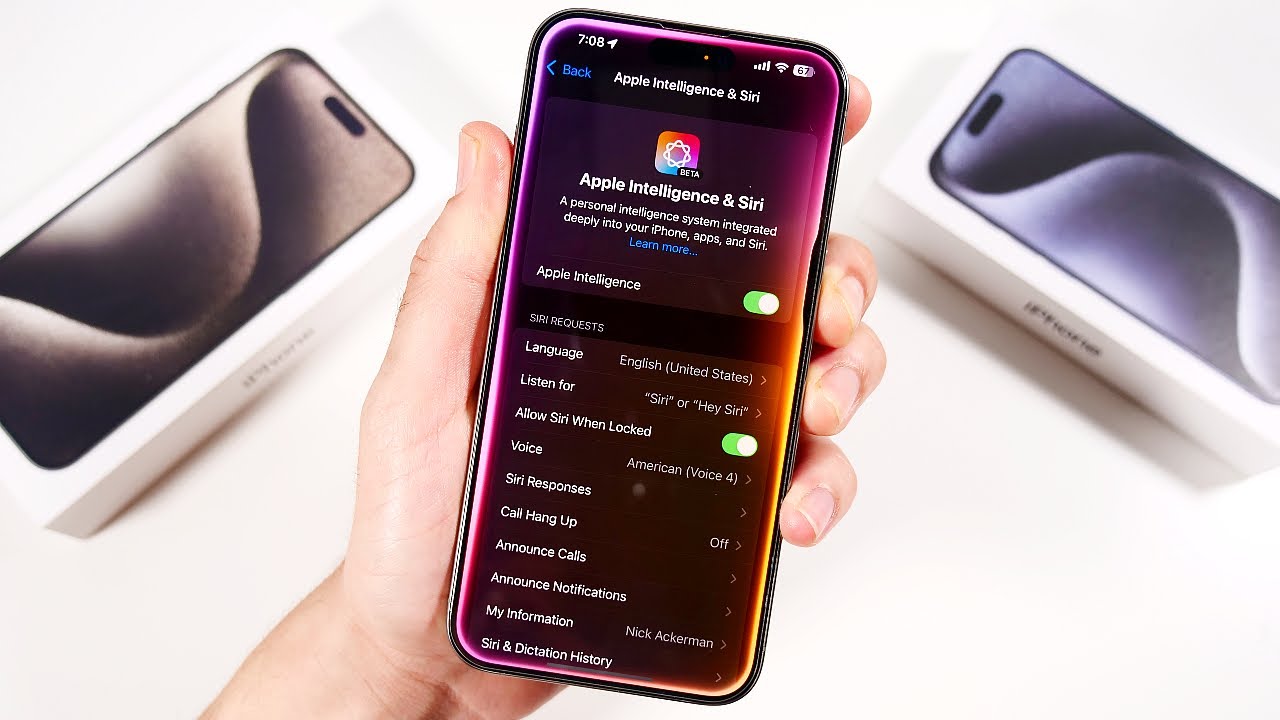
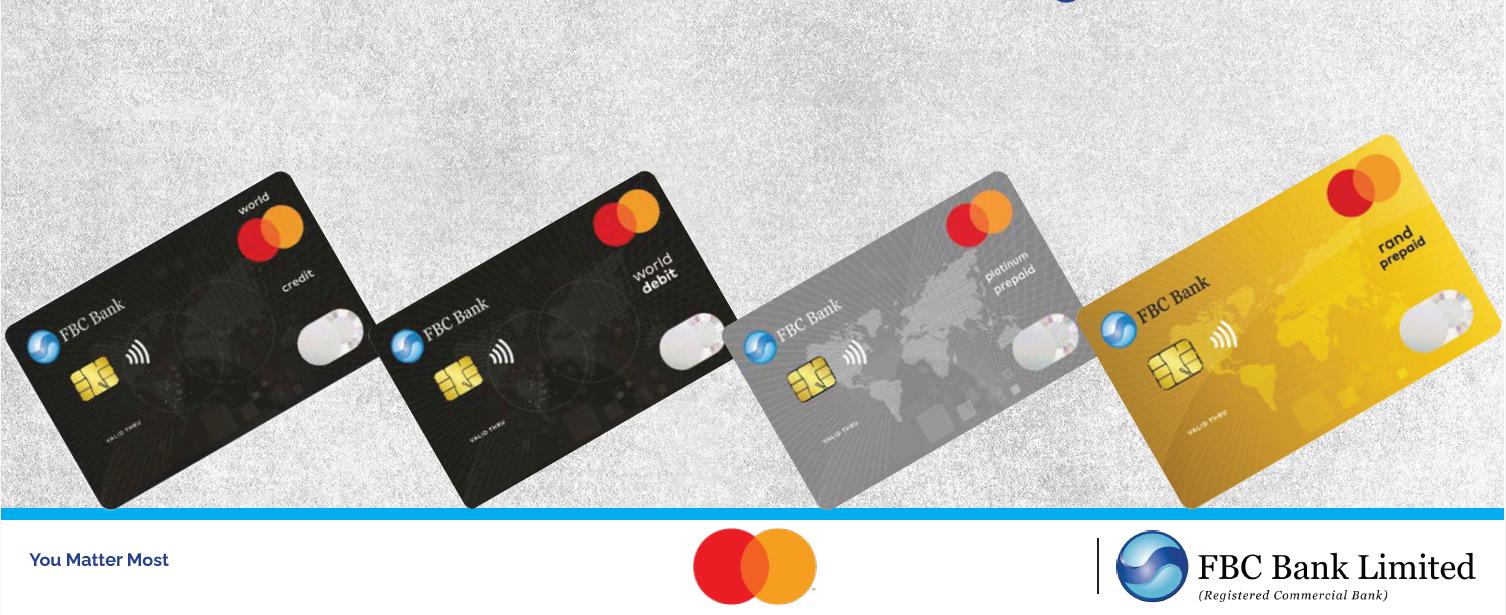
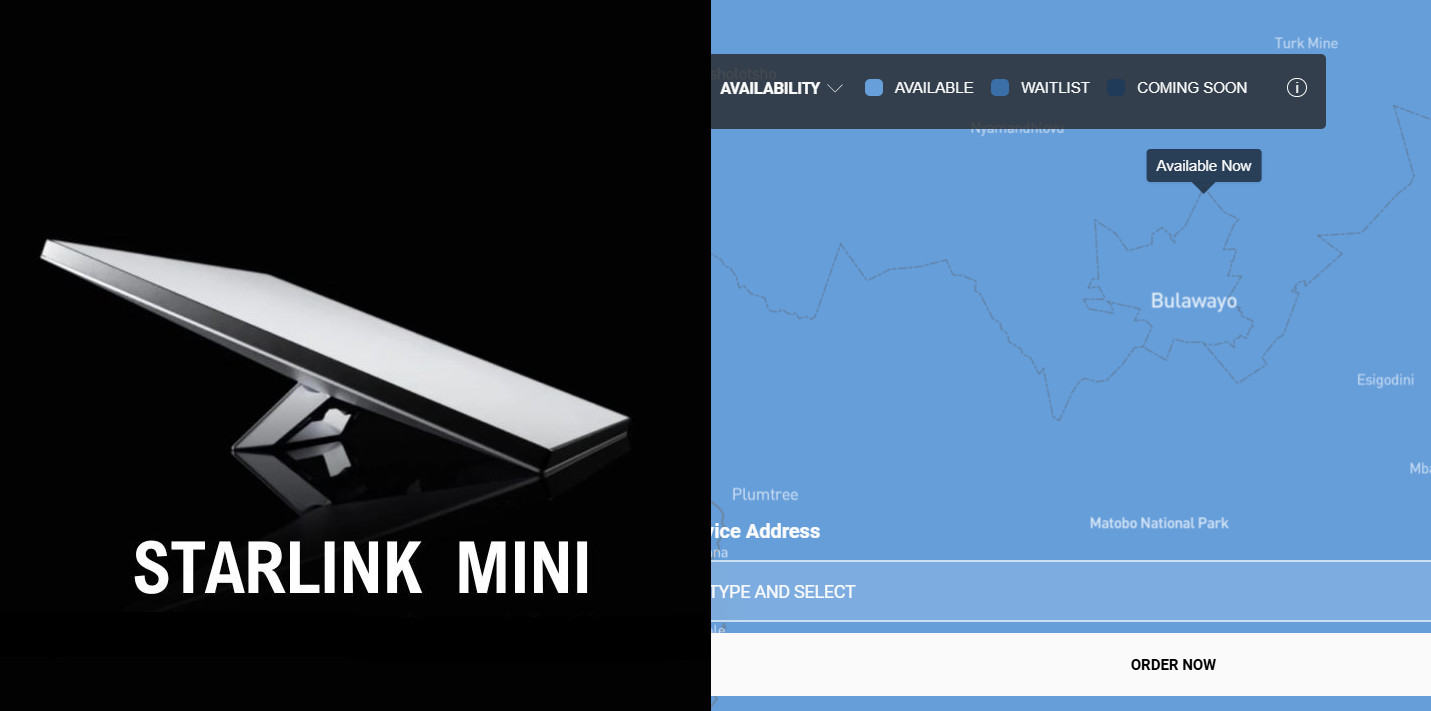
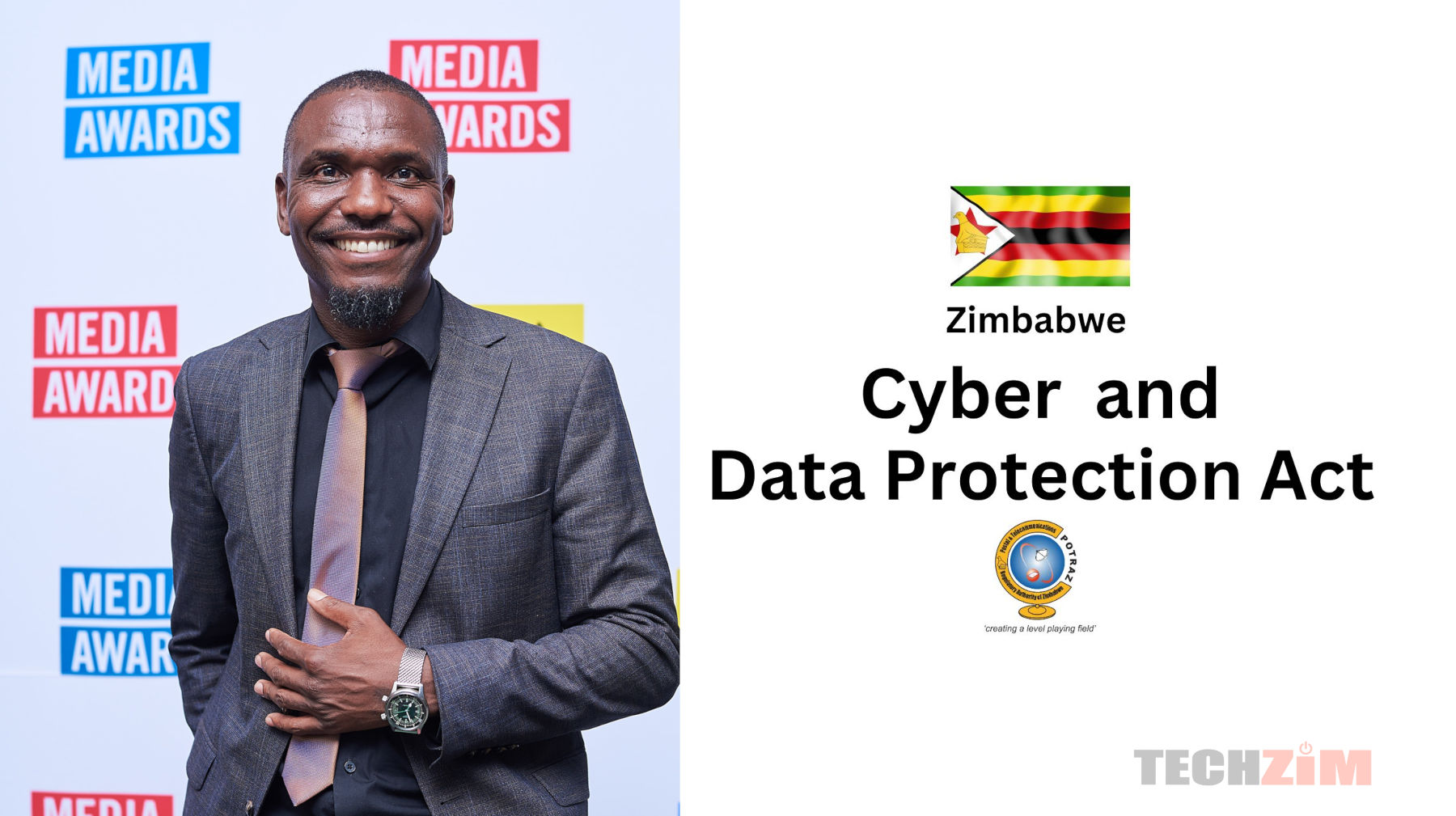

Comments
2 responses
ZBC recently introduced a new online license payment — can you connect that to this post
Thank you for the tip. I wasn’t aware. Can you share more details? I would be glad to cover that.